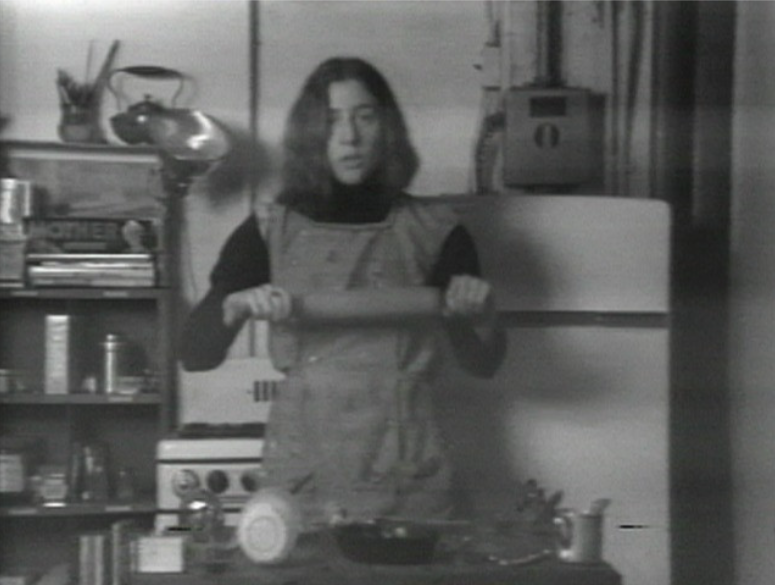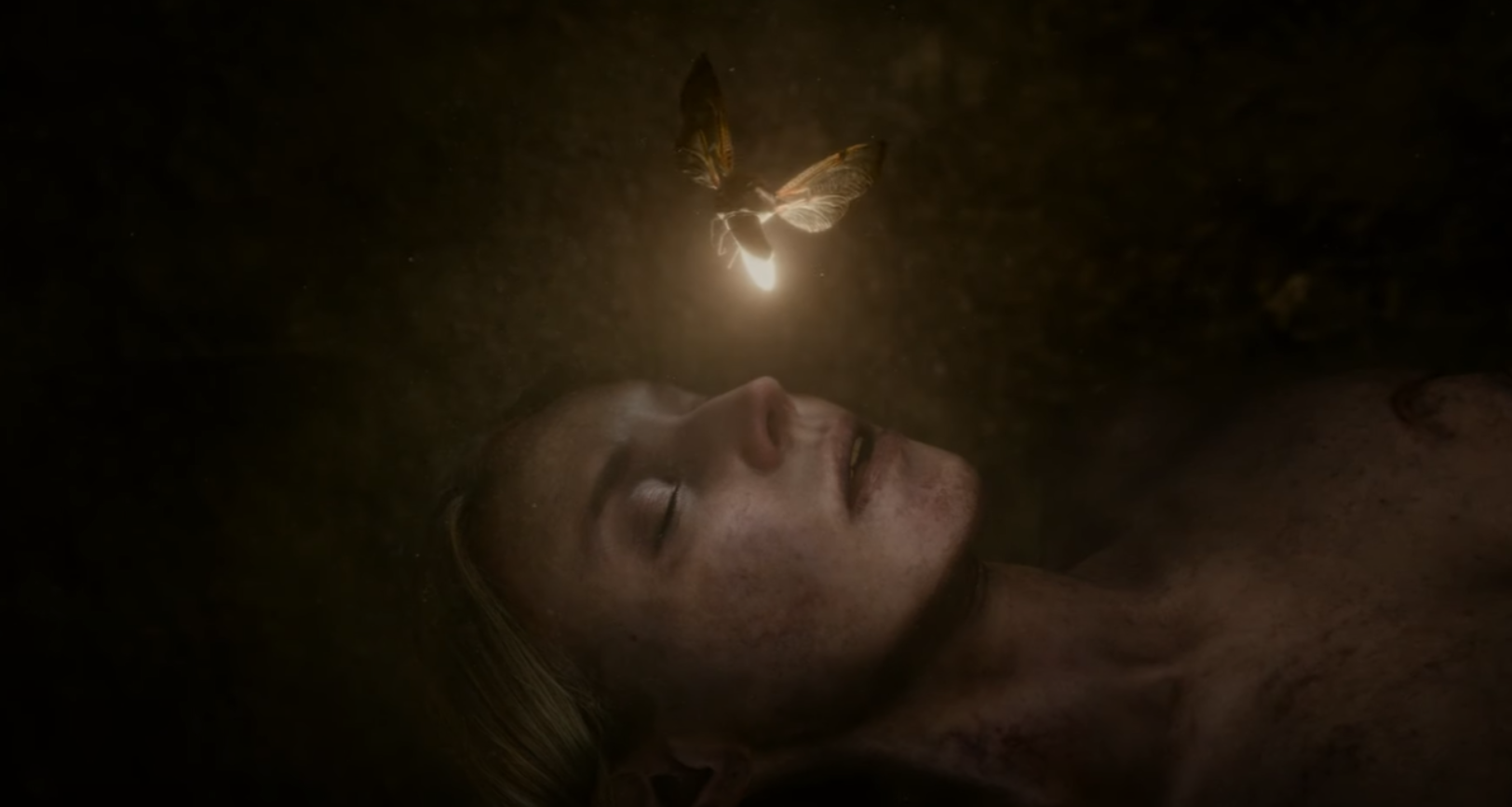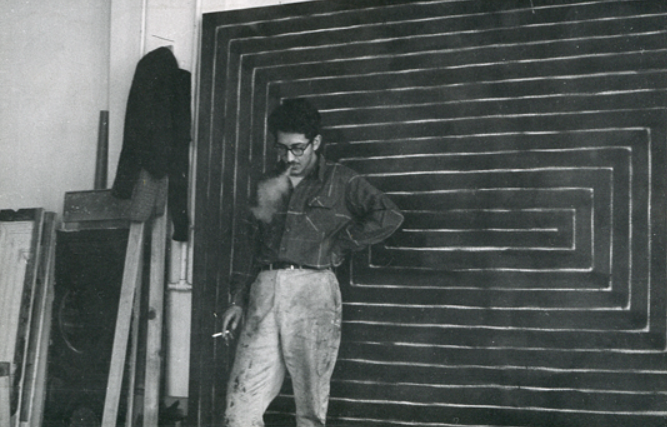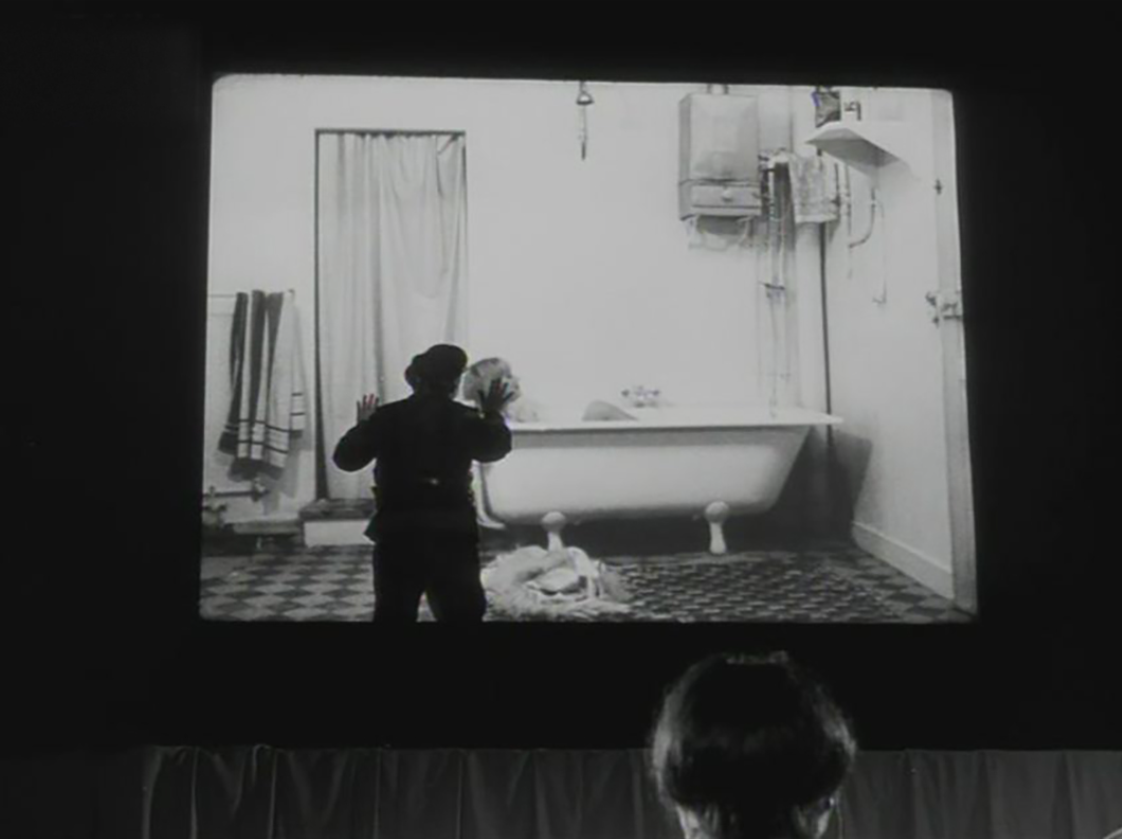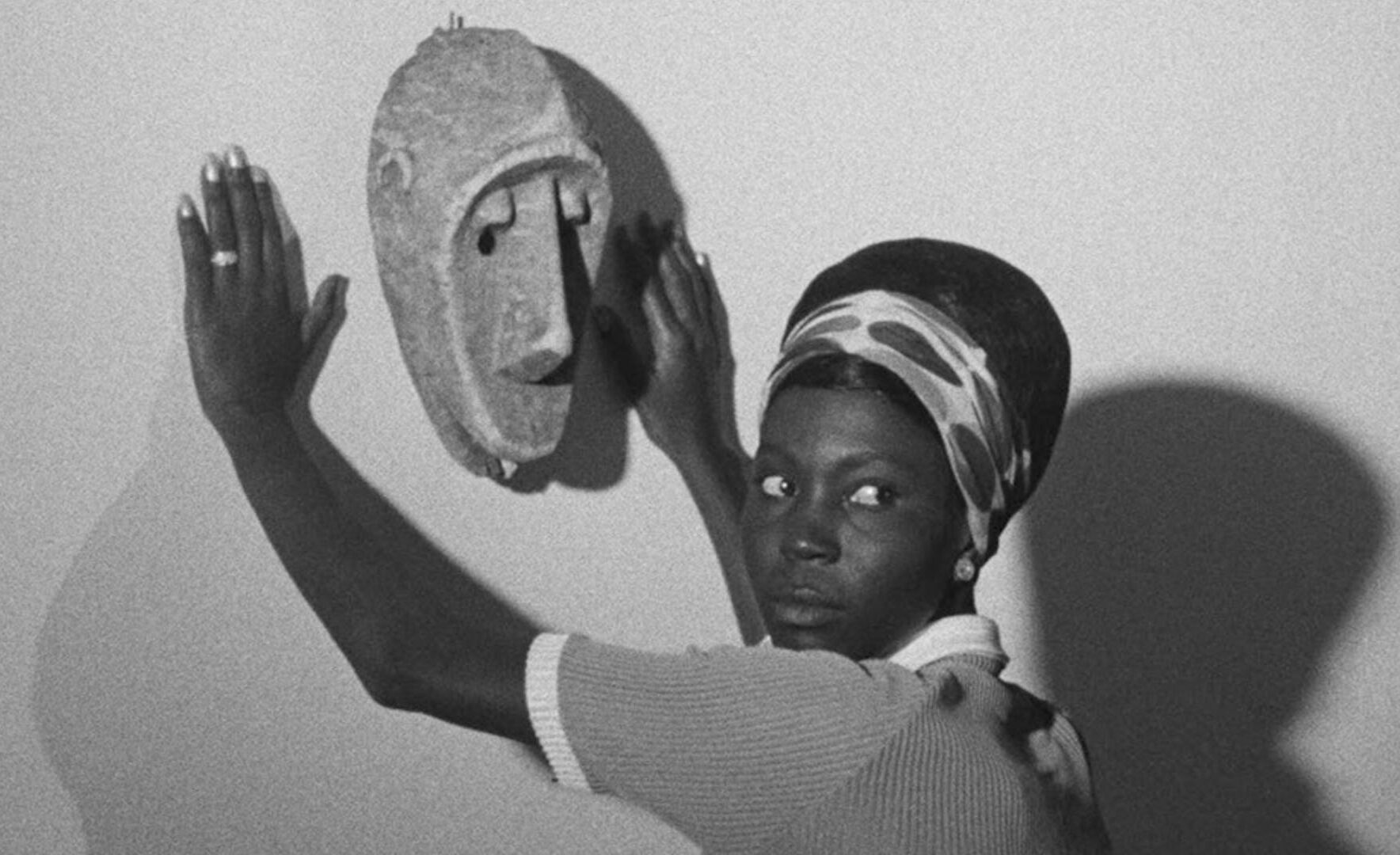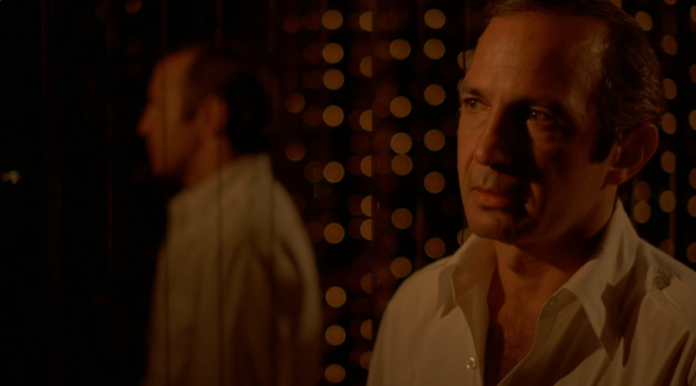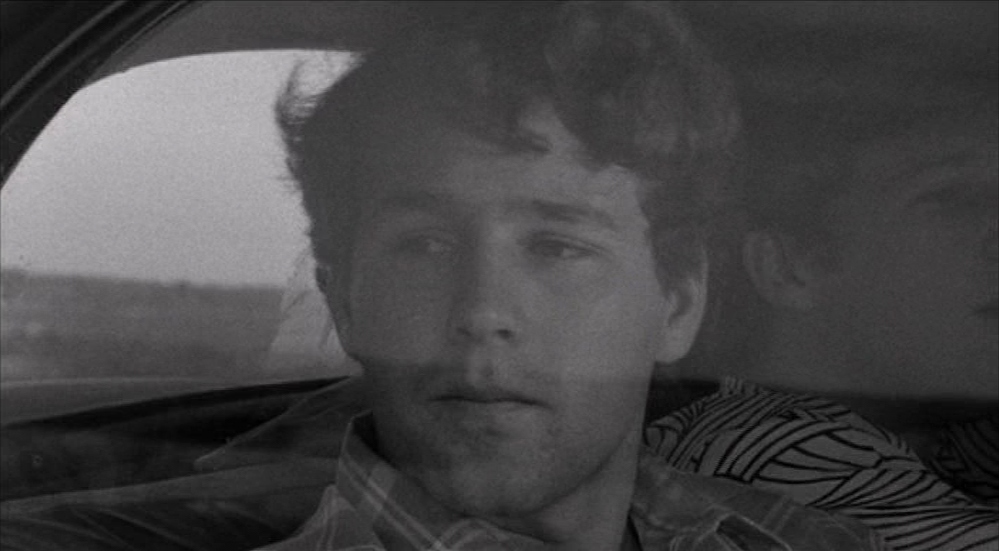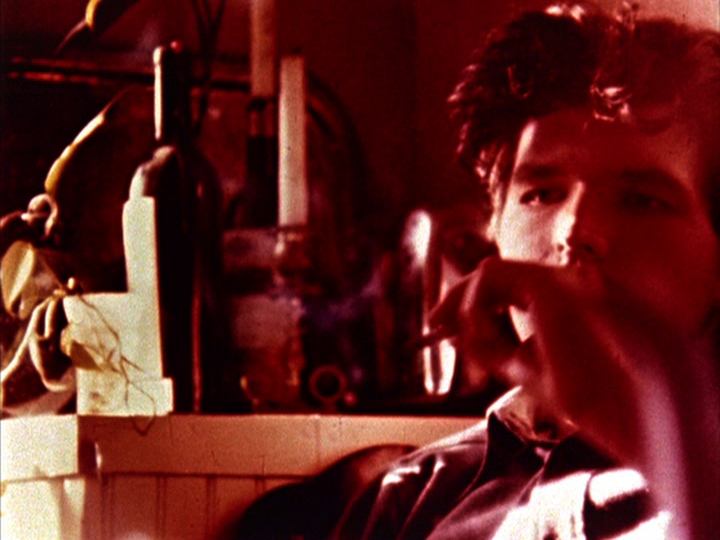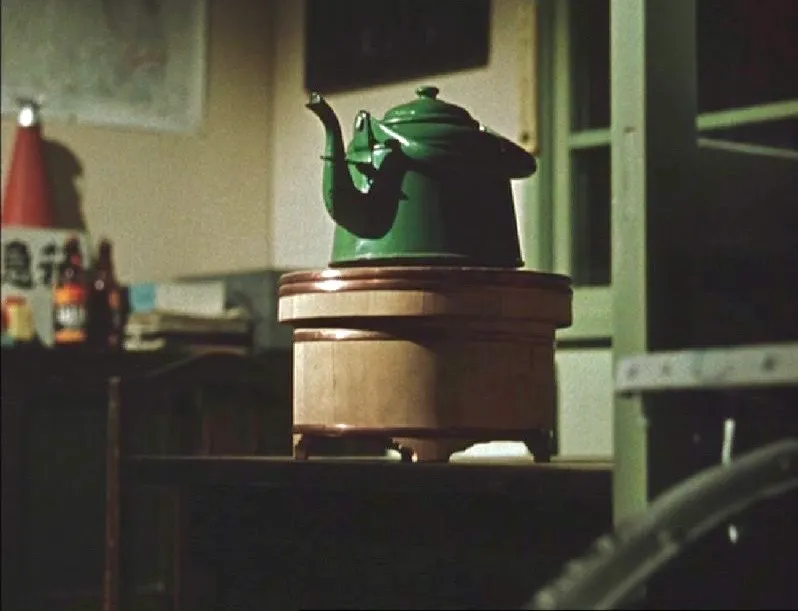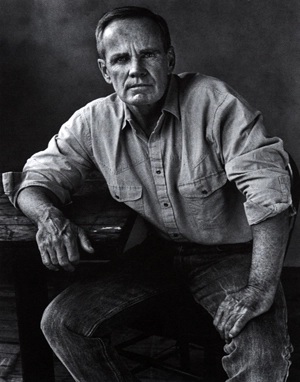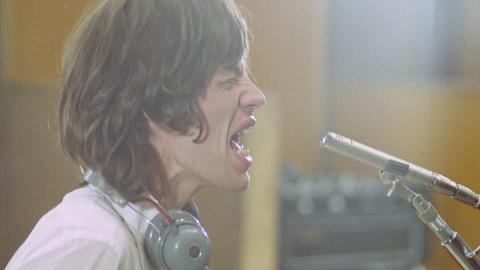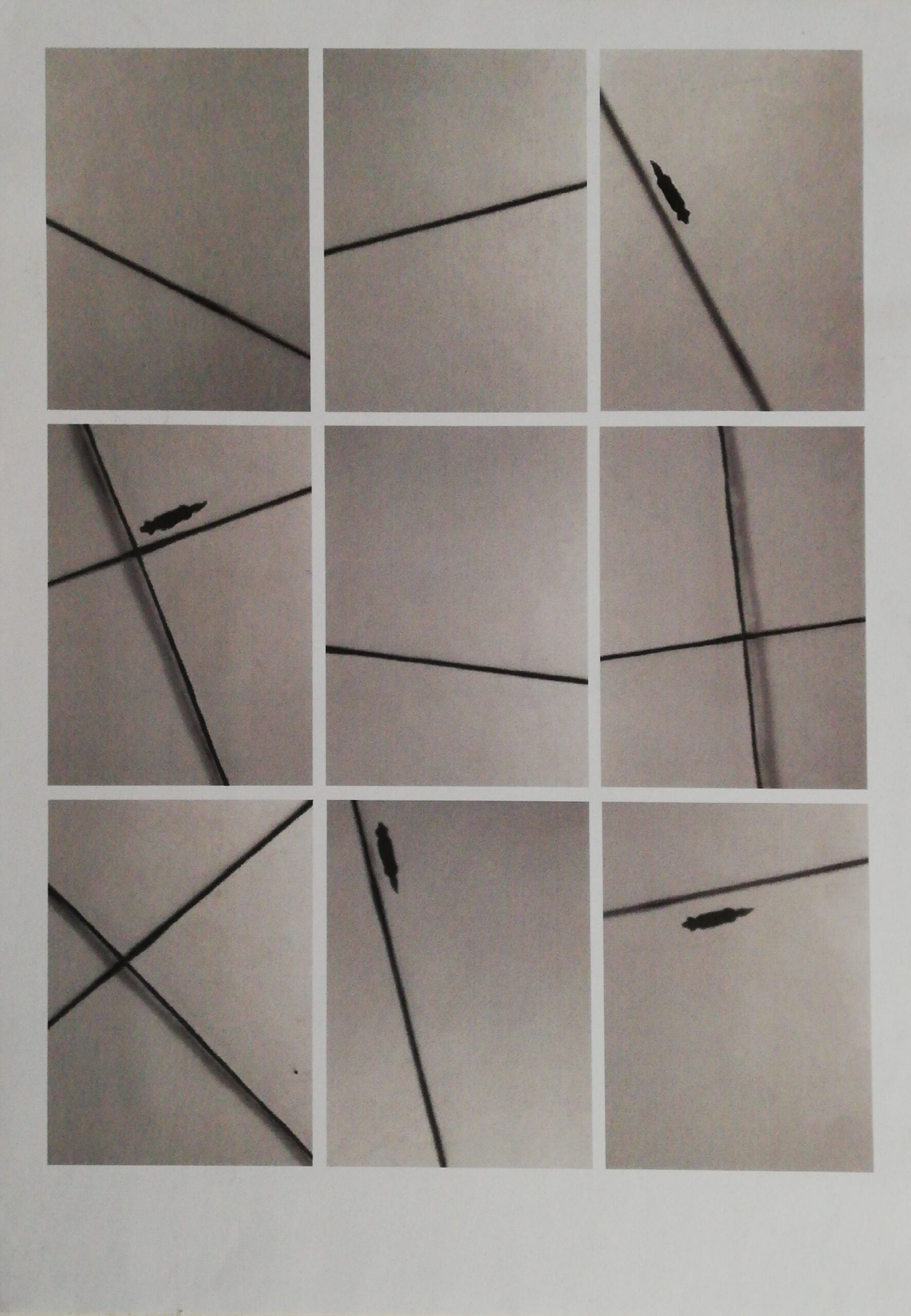Nel 1975 Federici pubblica un testo strategicamente decisivo e che fa epoca. Martha Rosler, cioè l’artista femminista forse più importante di quegli anni, realizza un videotape che entra in relais con un secondo testo scritto sempre da Federici nel 1975. E sempre nel 1975 Chantal Akerman gira quello che è il suo film più celebrato e che è come una presa in carico e una simbolizzazione sia del videotape di Rosler che dei testi di Federici.
